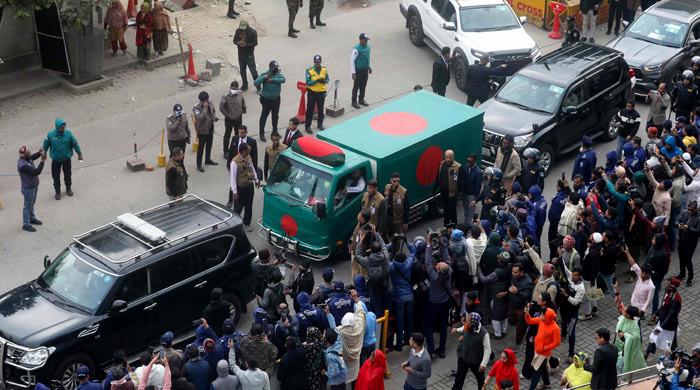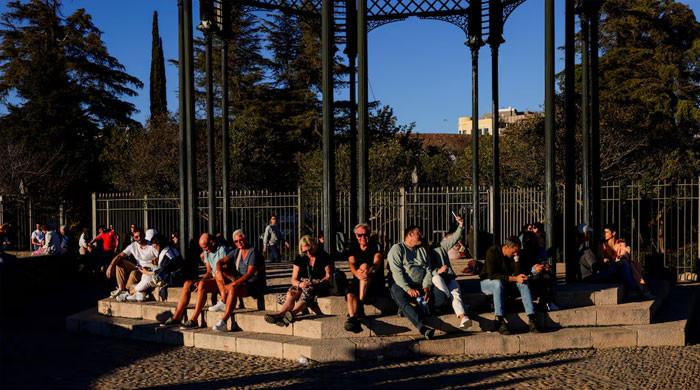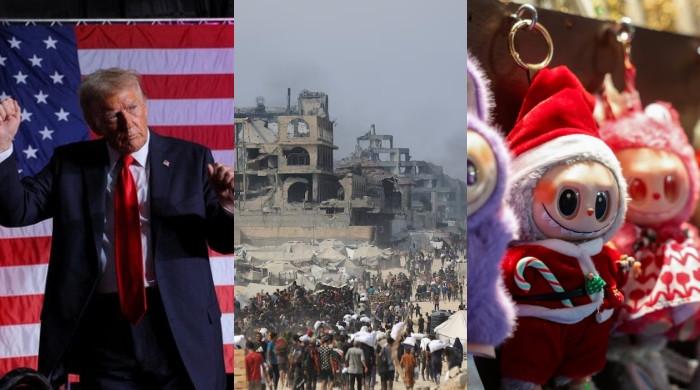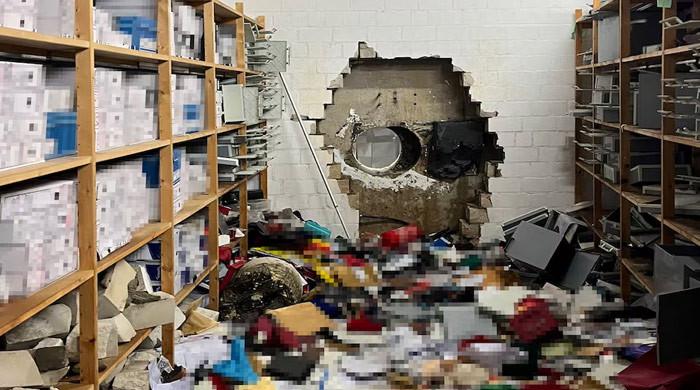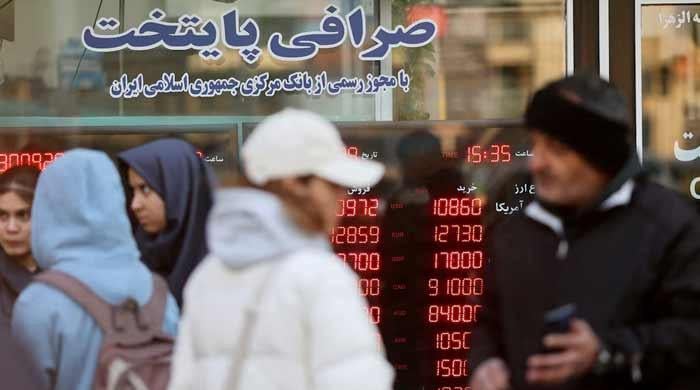World's nuclear stockpiles are not secure: study
WASHINGTON: The world's nuclear stockpiles are far from safe and could fall into the hands of terrorists, the American non-governmental organization Nuclear Threat Initiative said Wednesday in a new...
January 12, 2012
The research listed North Korea, Pakistan and Iran as holding the most vulnerable nuclear inventories.
The organization, dedicated to nuclear non-proliferation, enlisted international experts to classify the security of atomic materials kept at hundreds of sites in 32 countries that hold more than a kilo of highly enriched uranium (HEU) or plutonium, which can be used to make nuclear bombs.
"Some of those sites are well-secured, many are not, leaving weapons-usable nuclear materials vulnerable to theft or sale on the black market to terrorist organizations that have publicly stated their desire to use nuclear weapons," the study's authors said.
The experts relied on public data to develop five criteria: the amount of HEU and plutonium available in a country and the number of storage sites; site protection and transportation access; transparency and application of international standards; the capacity and willingness of a state to apply the standards; and societal factors, such as political stability, corruption and existence of groups that seek to acquire nuclear materials.
The three countries with the highest rankings are Australia (94 out of 100), Hungary (89) and the Czech Republic (87).
At the low end of the scale were North Korea (last with 37 points out of 100) because of its lack of transparency and compliance with international standards; Pakistan (41) because of political instability, the existence of militant groups, corruption and the number of storage sites; Iran (46); Vietnam (48) and India (49).
The five "official" nuclear powers rank in a mid-range, primarily because of the importance of their stockpiles and because of corruption found in China and Russia.
Britain is ranked 10th (79 out of 100), the United States 13th (78), France 19th (73), Russia 24th (65) and China 27th (52).
Because of its lack of transparency and lax control procedures, Israel was ranked 25th (56 out of 100). Israel has never confirmed it is a nuclear-armed state but is internationally regarded as possessing atomic weapons.
Japan was ranked 23rd (68 out of 100), largely for its absence of an independent regulatory agency.
"The Index highlights how countries can take steps to improve the security of nuclear materials," NTI President Joan Rohlfing said in a statement.
"By offering recommendations for all states, it can be a valuable tool in helping set priorities. All states can and should do more."
Fifty countries adopted a work plan to better control "vulnerable materials" during a 2010 summit on nuclear security in Washington. The next summit is scheduled for March in Seoul. (Reuters)




